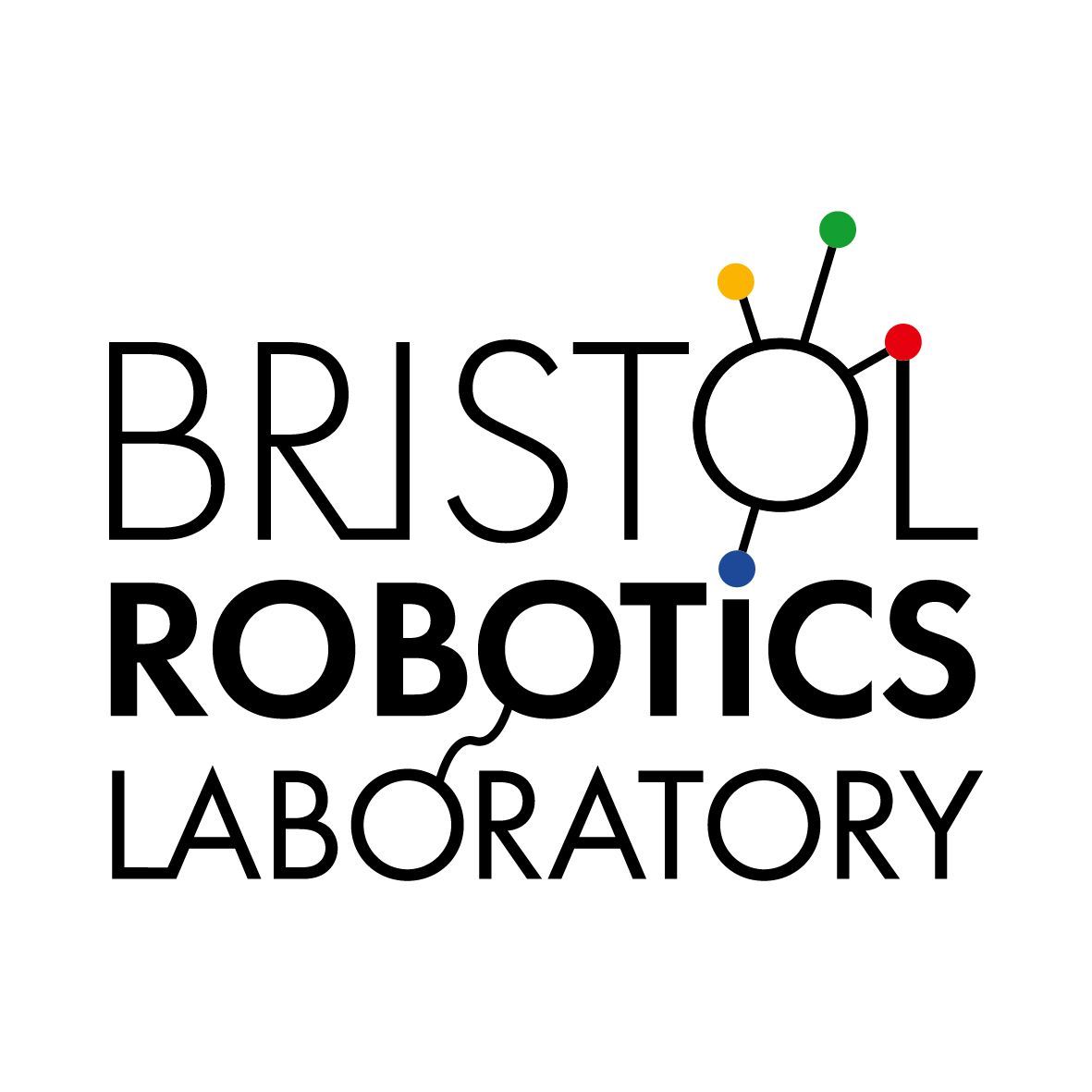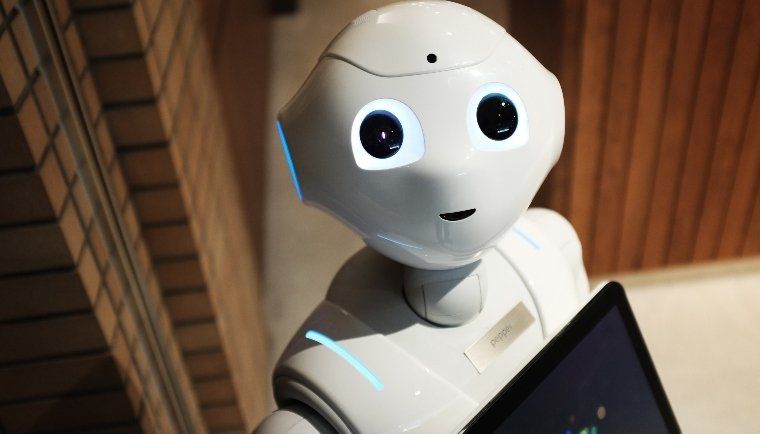Multidisciplinary Bristol team receives £3m to investigate trustworthiness of future robots
UoB • 27 October 2020
Would you trust a robot surgeon? What about a robot pilot, shop assistant or emergency responder? Would you trust them if they had the ability to adapt and change how they functioned? What would it take to make them trustworthy? These are some of the questions driving a team of social scientists, ethicists, computer scientists and engineers at the University of Bristol.
Funded by a £3m grant from UK Research and Innovation (UKRI), the team are pooling their expertise to explore how autonomous systems – decision-making machines that act independently of a human controller – could function in a safe, secure and resilient manner. November sees them start a three-and-a-half-year project that will focus on the processes used to design and develop the evolving functionality of autonomous systems.
Ultimately, the findings could influence the development of technologies designed to assist modern life, from boosting productivity of industry, through emergency response systems, to robotic surgery.
Professor Kerstin Eder, Head of the Trustworthy Systems Laboratory and lead of the research theme on Verification and Validation for Safety in Robots at the Bristol Robotics Lab, is one of the six researchers involved. She said: “This kind of technology is already all around us, from traction control systems in cars, to the AI assistant in mobile phones and computers. Some of these systems are very predictable and will only do things they are programmed to do, but this means they cannot adapt and change to a changing environment. Others are able to adapt in their function, responding in real time to changes in the environment or the needs of the user, going beyond their initial setup. This can make them more useful, but also less predictable.”


